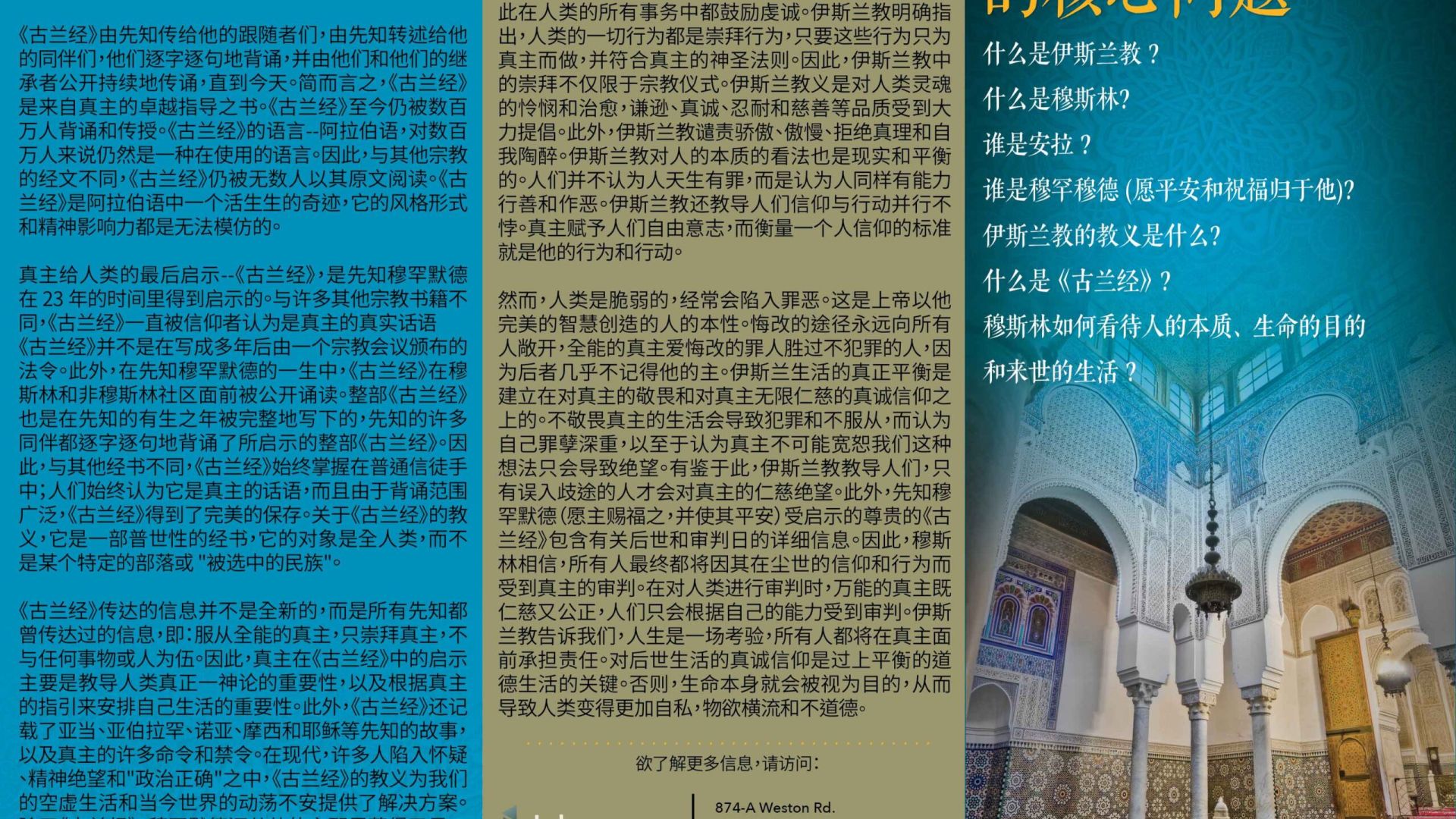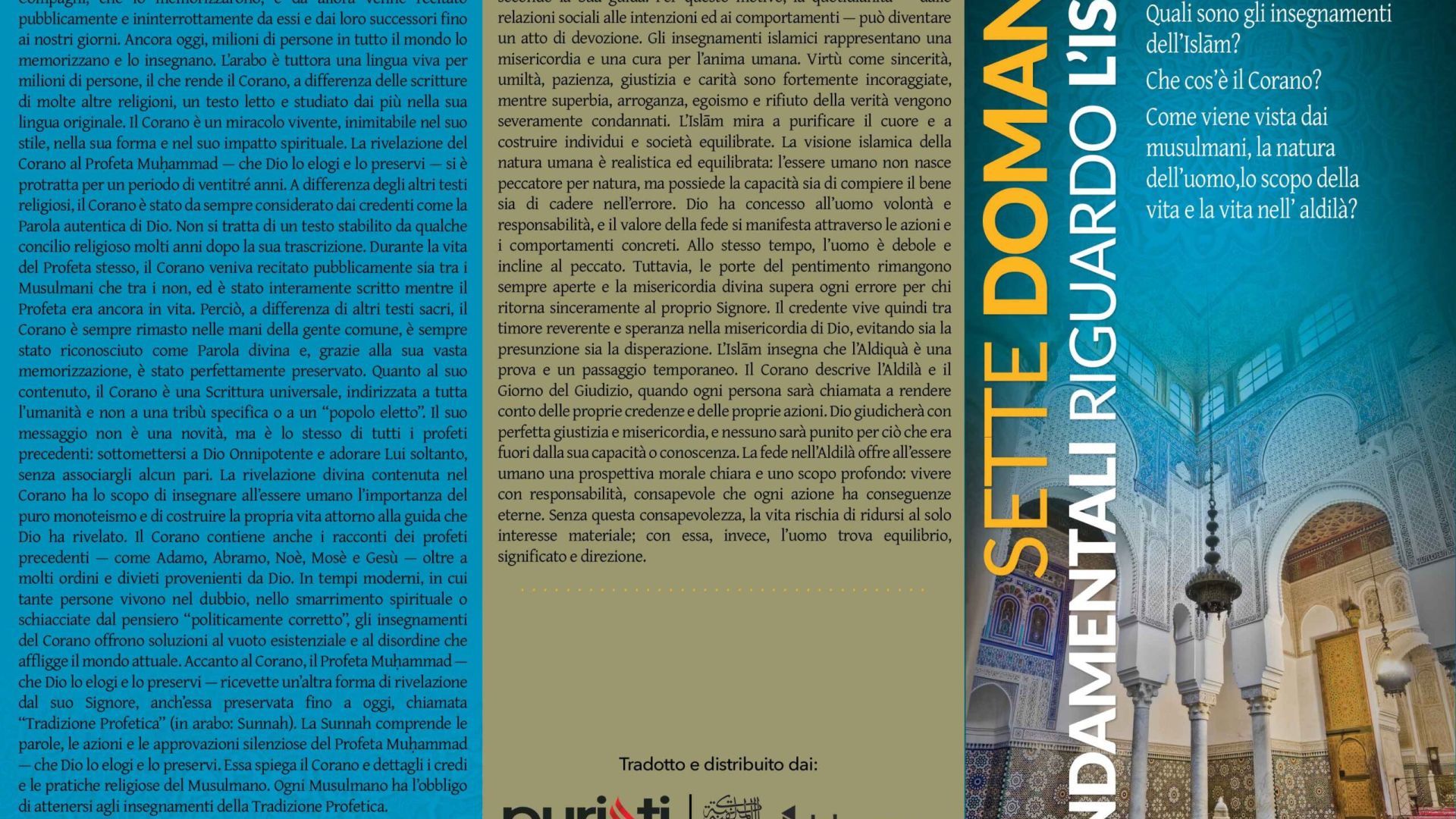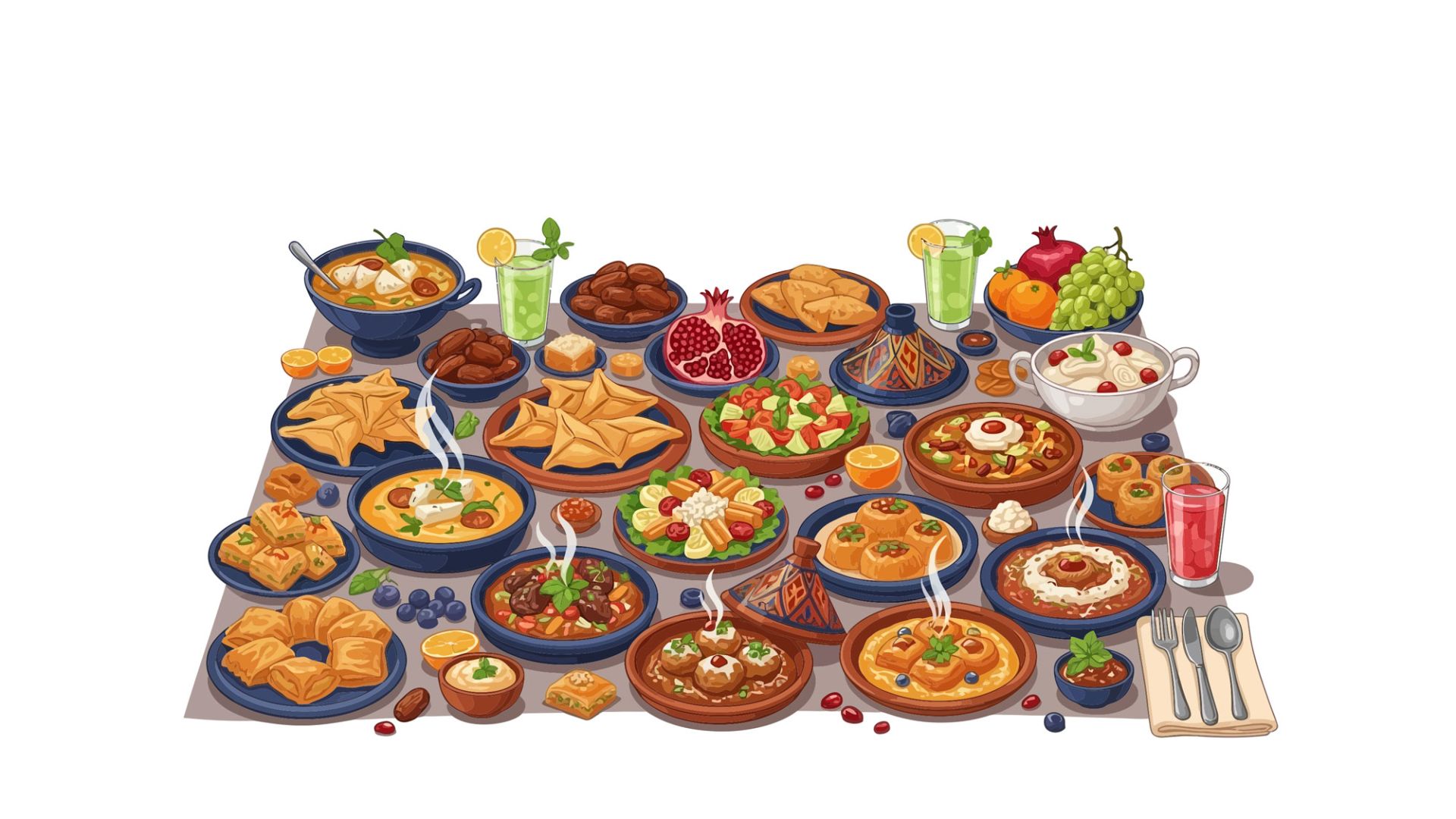The intent behind the taqwá of Allāh, is to worship Allāh and perform those actions which are beloved to Allāh, and to abstain from the actions which are hated by Allāh. Talq ibn Ḥabīb mentioned mentioned: “Taqwá is to act upon the obedience of Allāh upon light from Allāh seeking and hoping for His reward, and it is to stay away from being disobedient to Allāh upon light from Allāh (i.e. knowledge) and keeping away from His punishment”.
Taqwá is of three levels:
- That a person does what Allāh and His Messenger has commanded him with;
- With the regard to the first, then the most important of affairs of which is singling Allāh out alone in ʿibādah;
- That a person carries out the rest of the wājibāt actions; the most important of which, after tawḥīd, is the performance of the ṣalāh, the zakāh and ḥajj and after that all the other actions which Allāh loves, whether that is from the aspect of ʿibādah or muʿāmalāt, then all of that is from ʿibādah; and ʿibādah is everything that Allāh loves from statements and actions which are inner and apparent.
From the actions which lead to the attainment of taqwá is that a person is good to one’s guest and maintains the ties of kinship, and other than that from the muʿāmalāt. The second affair connected to taqwá is that a person leaves alone that which Allāh has made ḥarām; the greatest of which is shirk, and to know that shirk is to turn one of the rights from the rights of Allāh to other than Allāh from amongst the created beings, and that includes slaughter, oaths and seeking aid in affairs the likes of which only Allāh can aid.
On the authority of Ibn Masʿūd (رضي الله عنه) who said: The Messenger of Allāh was asked, ‘Which offence is the most grievous in the eye of Allah?’ He (صلى الله عليه وسلم) replied: ‘That you associate a partner with Allāh (despite the fact) that He created you’. He (the man) said: ‘What next?’ He (صلى الله عليه وسلم) replied: ‘That you kill your child out of fear that he would join you in food.’ He (the inquirer) said (again): ‘What next?’ He (صلى الله عليه وسلم) replied: ‘That you commit adultery with the wife of your neighbour. And the Almighty and Exalted Lord testified it (with this verse): “All those who call not unto another god along with Allāh, and slay not any soul which Allāh has forbidden, except in the cause of justice, nor commit fornication, and he who does this shall meet a requital of sin.”’ [Ṣaḥīḥ Muslim]
From the affairs which aid a person in gaining taqwá is the acquirement of knowledge of the religion of al-Islām – knowledge of Allāh, His Messenger and the sunnah; as the Messenger of Allāh mentioned to Muʿāwiyah ibn Abī Sufyān: ‘Whomseover Allāh wishes good for, He gives him understanding of the religion”. In this hadith is that which indicates to us that the path of bliss lies in the path of fiqh and knowledge, and we understand the opposite from this is that the person who is ignorant of the Book and sunnah and has taken ʿilm from other than the Book and sunnah is a person whom Allāh does not wish good for. Likewise, the on who wishes to attain taqwá should perform the wājib actions and be plentiful in the performance of the nāwafil. We should cling to people of knowledge and nobility; those who are known for having sound ʿaqīdah and sound belief, sound manhaj and known to be people of piety, because the people of knowledge are the inheritors of the Prophets.








